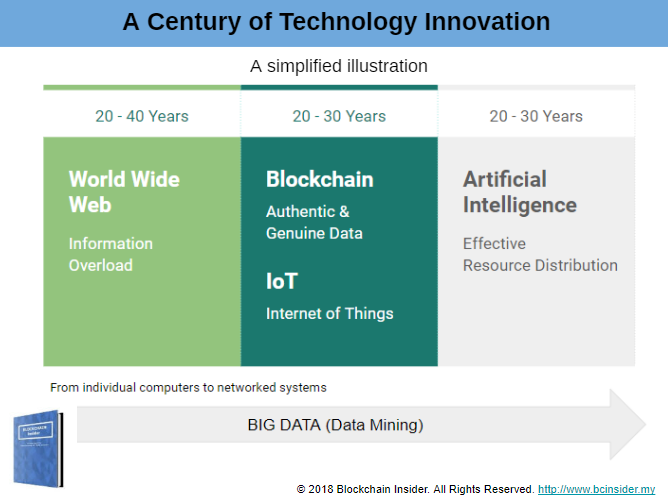This is the summary for an article by Lily Maxwell published on Bee Smart City.
The power of blockchain to revolutionize the way we exchange goods and services, and transform how we govern – above and beyond the cryptocurrency hype – is increasingly being recognized. When it comes to cities, the transformative potential of this technology is enormous.
Blockchain is offering new opportunities to create more economically, environmentally and socially sustainable communities.
According to Lily, the potential benefits of blockchain in an urban context include but not limited to:
1. Decentralized Governance and Collective Intelligence
2. Democratic participation
3. A collaborative platform
Holistic planning and collaboration across public-sector departments, and in turn across all community stakeholders – private and public sector alike – is the foundation of the smart city concept.
4. Shared ownership of public resources and information
Blockchain facilitates fractional ownership, allowing the tokenization of goods and information that have not previously ever been securitized. It therefore fosters shared ownership and investment in the community by letting everyone own a little bit of something integral to urban life – such as a local renewable energy generation system – even if one’s ownership only amounts to 0.2%.
As such, citizen-led, blockchain-enabled energy-sharing system could completely rewrite how humans produce, buy and sell critical utilities.
5. Improved public services
6. Digitization and control over personal data
At the end of the day, it’s all about effective resource distribution, as stated in the book Blockchain Insider, about a century of technology innovation looking from a wider perspective in terms of time.

Blockchain And Local City Council
Blockchain could be an increasingly central enabler of smart city innovation worldwide, as it offers new opportunities to create more economically, environmentally and socially sustainable communities.
However, city management may be reluctant to adopt blockchain because they may feel that it threatens their position as a third party public intermediator.
Indeed, it seems logical that the “de-intermediated” agent – in other words, the local city council – would try to resist the implementation of blockchain.
But, in truth, city governments will not be eliminated by blockchain: rather, their role will simply change.
Rather than public assets and resources being owned and controlled by public authorities and, increasingly, private-sector companies and investors, the increasing presence of blockchain in cities should means that everybody – including citizens – can invest in their local community and its assets and have more influence over the direction in which their local area is going.
Full article by Lily Maxwell at https://lnkd.in/fwrjbMz







